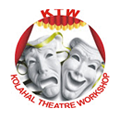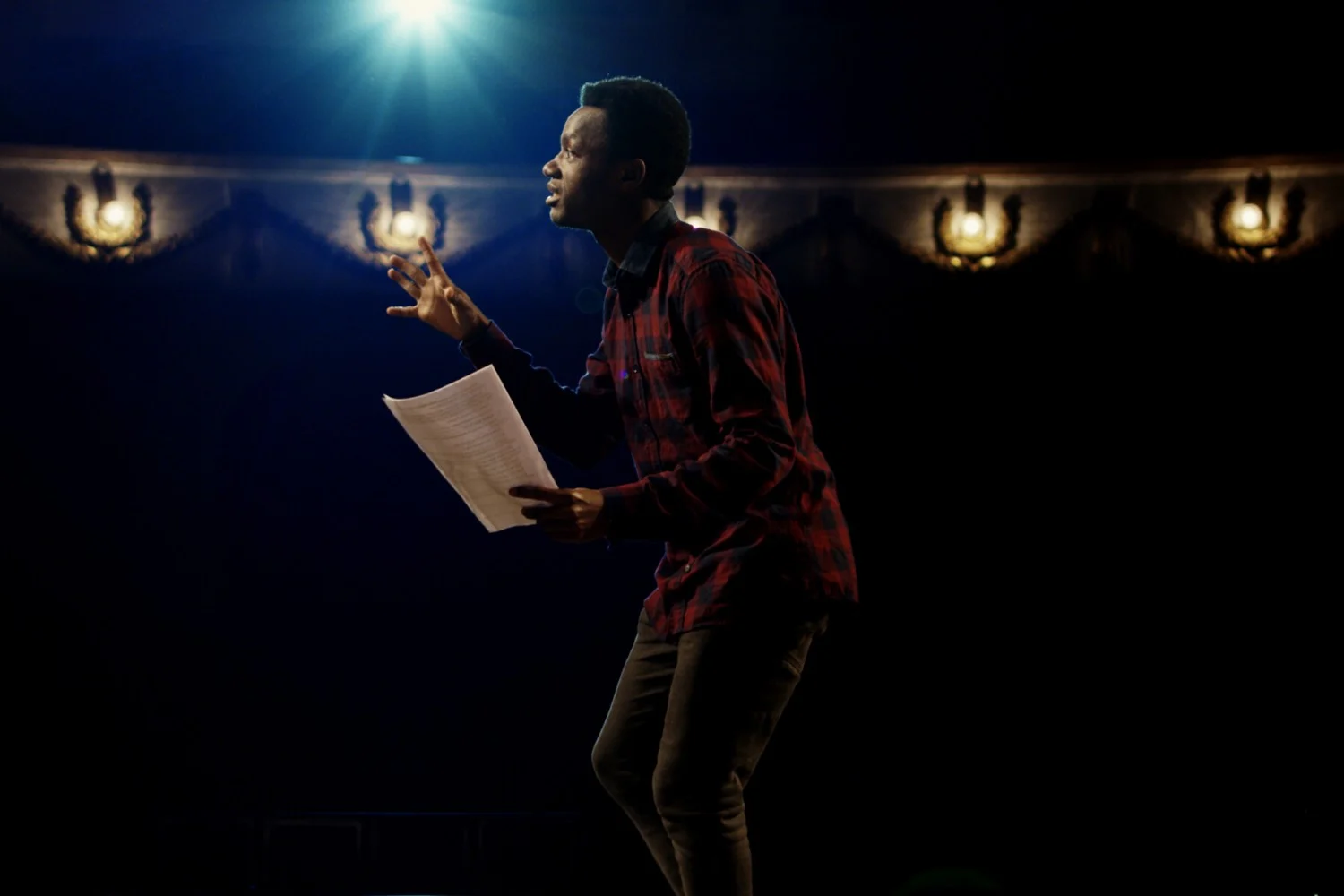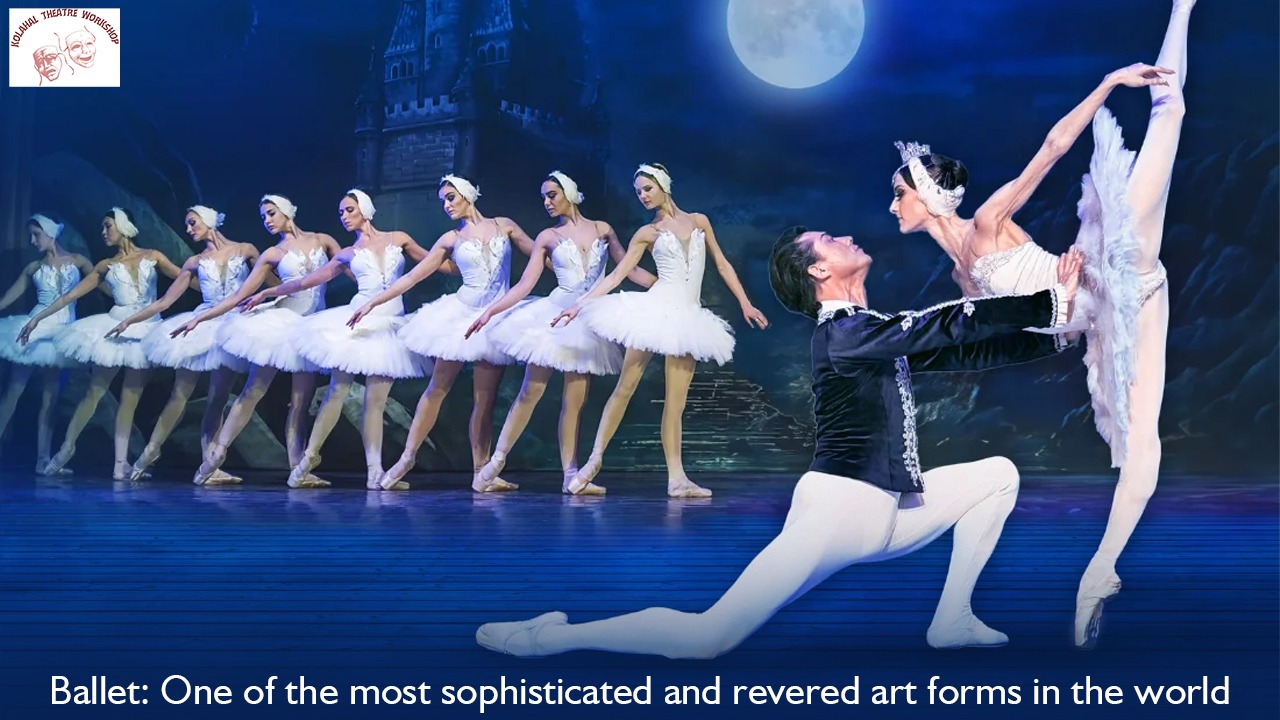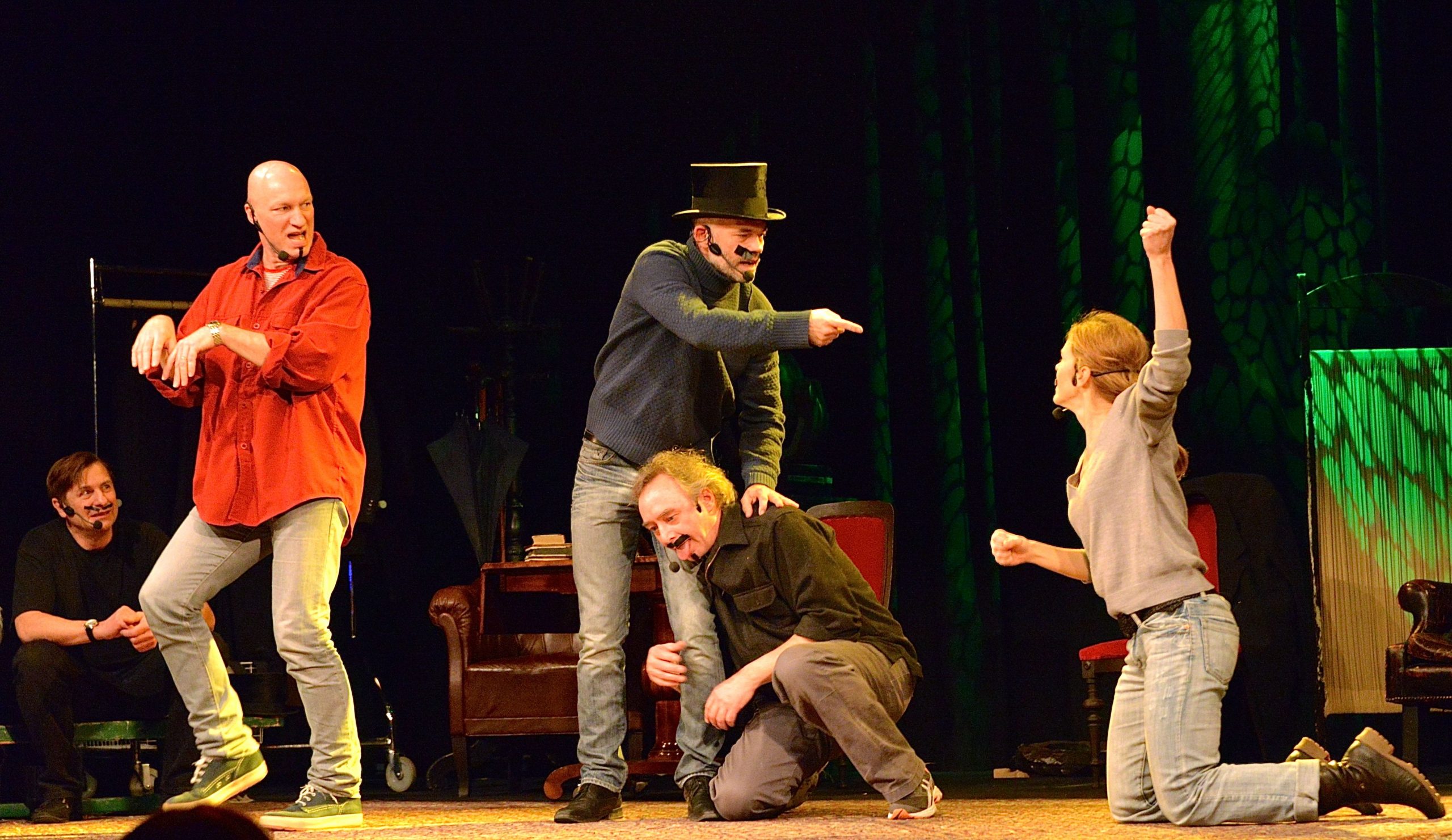5 Ways to Explore the Depths of Dramatic Monologue
Introduction
Dramatic monologue is like taking a deep dive into someone’s thoughts and feelings. It’s a unique form of expression where a character speaks their mind. They reveal inner emotions, conflicts, and secrets directly to the audience. Imagine being a fly on the wall, listening to a character pour their heart out. It’s a powerful way for writers to explore the complexities of human experience. It gives us a front row-seat to the raw and intense moments in a character’s life.
Let’s read in details 5 ways to explore the depths of dramatic monologue by which you can explore the depths:
Ways of Exploring Depth
1) Unveiling the Art of Dramatic Monologue: A Window into the Soul
In the realm of literature, the dramatic monologue stands as a compelling form of expression. It offers readers a unique glimpse into the inner workings of a character’s mind. This literary device addressing an imaginary audience, brings forth a heightened sense of drama and introspection. It leaves an indelible mark on the landscape of poetic and narrative art.
2) Defining the Dramatic Monologue: A Symphony of Words
At its core, a dramatic monologue is a poetic or prose composition where a character reveals their thoughts and feelings, often in a moment of heightened emotion or crisis. Unlike traditional monologues found in plays, dramatic monologues are not necessarily spoken aloud in the presence of other characters; instead, they are a soliloquy, a private conversation with the reader or listener. This form allows for an intimate exploration of the speaker’s psyche, fostering a deep connection between the audience and the character.
https://kolahal.org/2023/11/21/exploring-the-world-of-noises-off/
3) The Power of Persona: Walking in Another’s Shoes
Thirdly, one of the defining features of a dramatic monologue is the creation of a distinct persona for the speaker. Writers skillfully craft characters with unique perspectives, backgrounds, and voices, allowing readers to step into the shoes of someone else, if only for a brief moment. This empathetic journey into the minds of characters adds layers of complexity to the narrative, enriching the reader’s understanding of human experience.
4) Browning’s Influence: A Beacon of Dramatic Monologue Mastery
Evidently, no exploration of dramatic monologue would be complete without acknowledging the significant contributions of Robert Browning. The 19th-century poet is often hailed as a master of this form, with works like “My Last Duchess” and “The Love Song of J. Alfred Prufrock” exemplifying the depth and versatility inherent in the dramatic monologue. However, Browning’s ability to weave intricate narratives through the lens of a single speaker has inspired generations of writers to delve into the complexities of human emotion.
5) Exposing Layers: Themes and Variations
Dramatic monologues however come in various shapes and sizes, each exploring different themes and emotional landscapes. Some delve into the darkness of the human psyche so that to explore themes of guilt, obsession, or existential crisis. Others thus celebrate the beauty of fleeting moments, capturing the essence of joy, love, or self-discovery. The diversity however within this form allows for a rich tapestry of storytelling, ensuring that there’s a dramatic monologue for every emotional chord.
Conclusion
So, these are the 5 ways to explore the depths of dramatic monologue. In conclusion, the vast tapestry of literary expression, the dramatic monologue stands as a thread that weaves together the intimate thoughts of characters and the universal themes that resonate with readers across time. Through this artful form, writers invite us into a world where emotions are laid bare, and the human experience is explored with both depth and nuance. As we immerse ourselves in the words of these solitary speakers, we find not only a reflection of the characters’ souls but also a mirror held up to our own.
https://www.masterclass.com/articles/tips-for-writing-dramatic-monologues





[…] https://kolahal.org/2023/11/14/5-ways-to-explore-the-depths-of-dramatic-monologue/ […]
[…] https://kolahal.org/2023/11/14/5-ways-to-explore-the-depths-of-dramatic-monologue/ […]